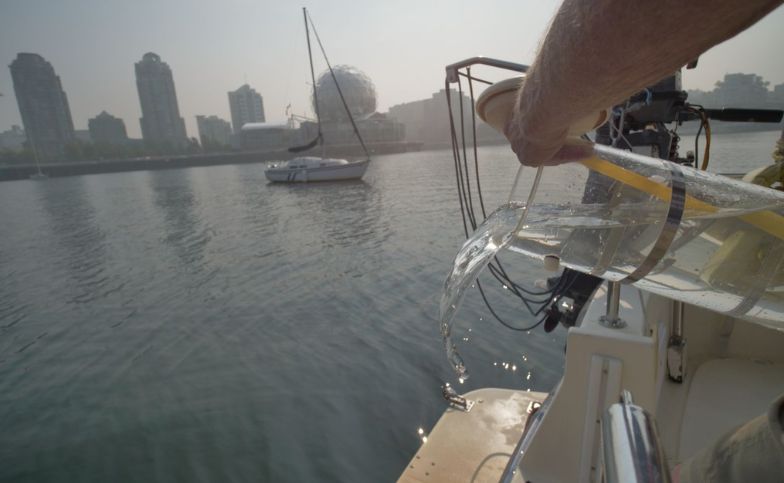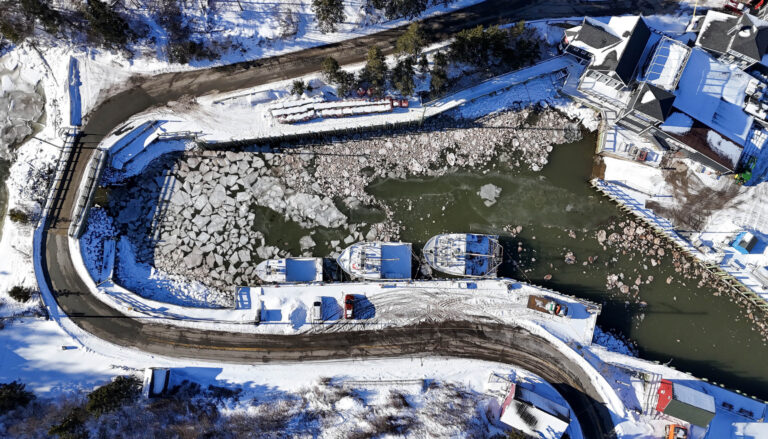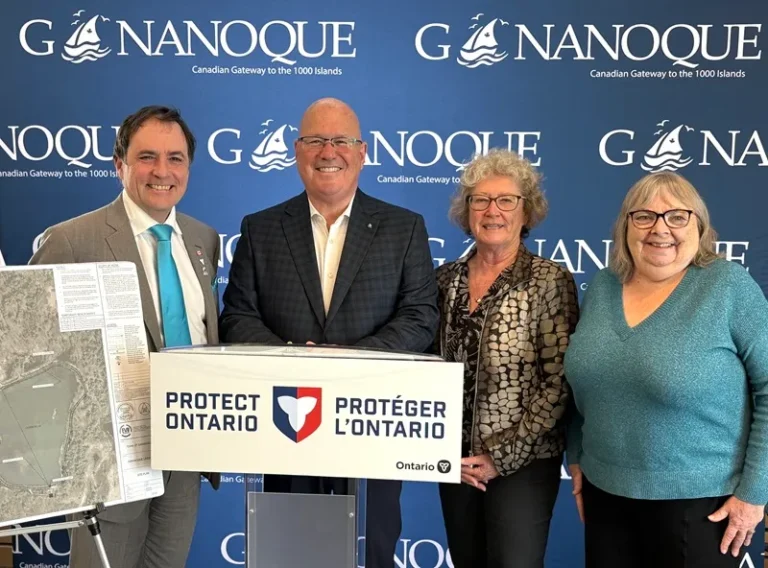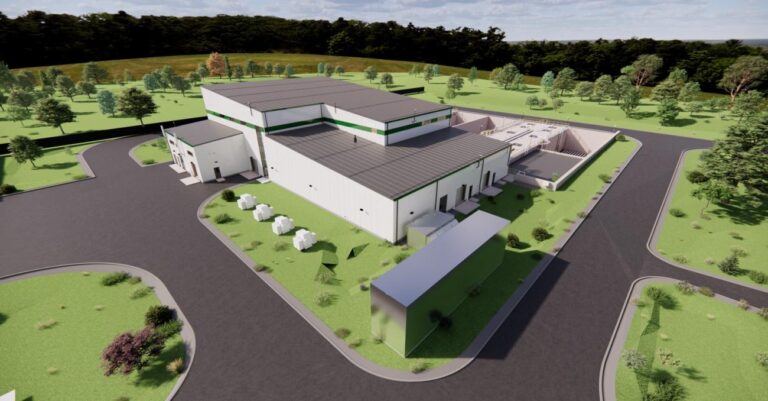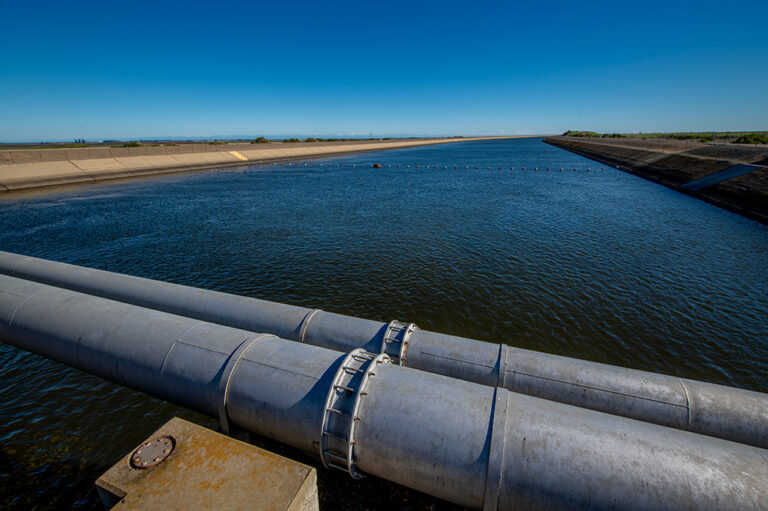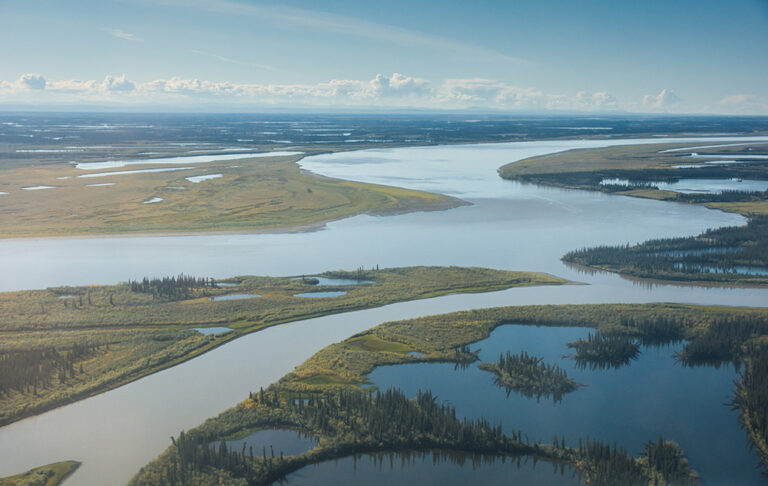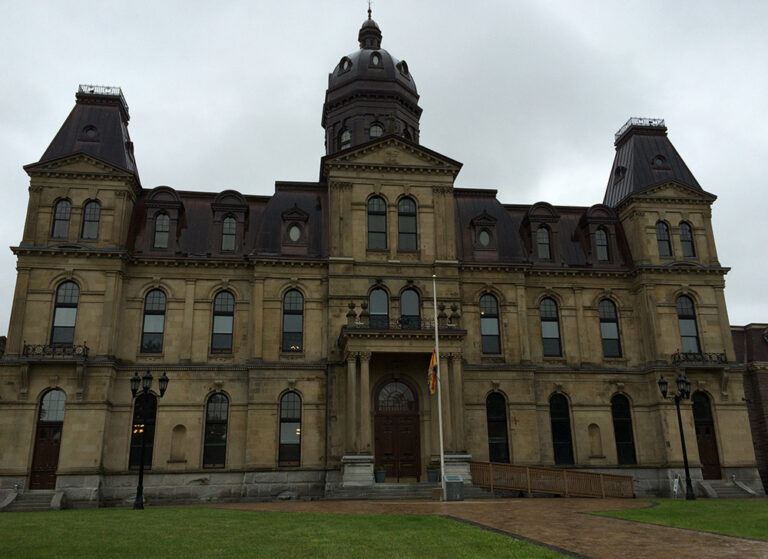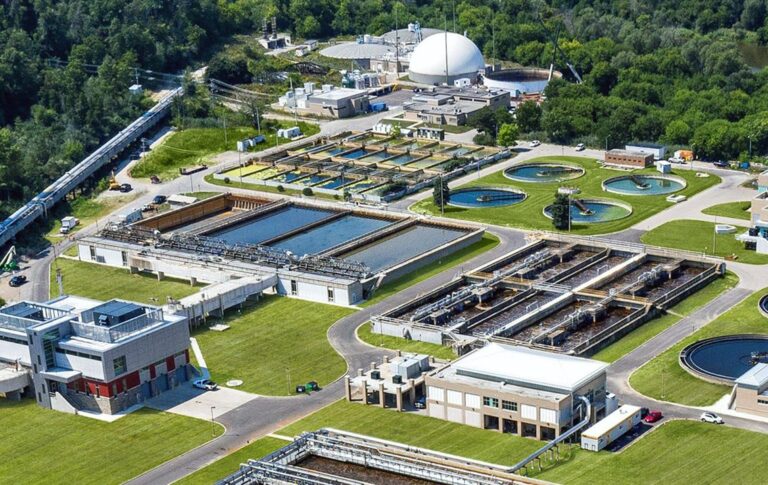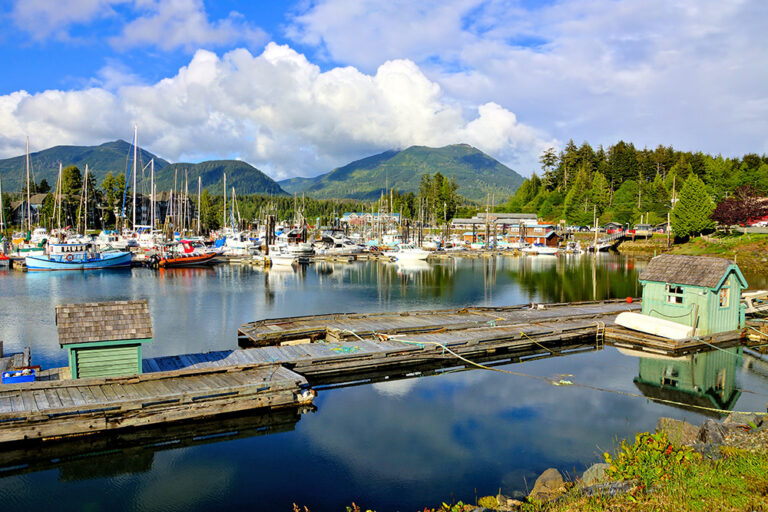Metro Vancouver, the City of Vancouver, and two environmental groups have launched a multi-year study to better understand water quality in False Creek and guide efforts to reduce pollution in the busy urban waterway.
The False Creek Water Quality Assessment project will run until 2027 and involve staff and volunteers collecting samples from multiple sites across different seasons. Metro Vancouver will lead the analysis and publish results, with support from the City of Vancouver, False Creek Friends Society, and Raincoast Conservation Foundation.
“False Creek is at the heart of the city in an area that is extremely well used by the public, so it just makes good sense to do all we can to ensure that it’s healthy,” said Mike Hurley, chair of the Metro Vancouver board of directors.
False Creek has long faced environmental pressures from combined sewer overflows, stormwater runoff and urban development. In older parts of the region, combined sewers carry both rainwater and sewage, with heavy rainfall sometimes triggering overflow into the creek to prevent flooding and backups into homes and businesses
Mayor Ken Sim said the project will give the city “a clearer picture of its water quality and help ensure it remains a place everyone can enjoy for generations to come.”
Community partners say the work will also highlight opportunities for stewardship. “By learning what we’re inadvertently putting in the water that may be damaging the marine ecosystem, we’ll begin to have a better idea about what needs to be done,” said Zaida Schneider, president of False Creek Friends.
The Raincoast Conservation Foundation, which launched its Healthy Waters program in 2023, will help train volunteers and oversee sampling. “Identifying threats to water quality in False Creek requires a blend of western science, Indigenous Knowledge, and a network of committed people and organizations,” said Peter S. Ross, the foundation’s director of Healthy Waters.
Officials say the study will build on existing pollution-reduction efforts and allow resources to be targeted where they will have the greatest impact.

